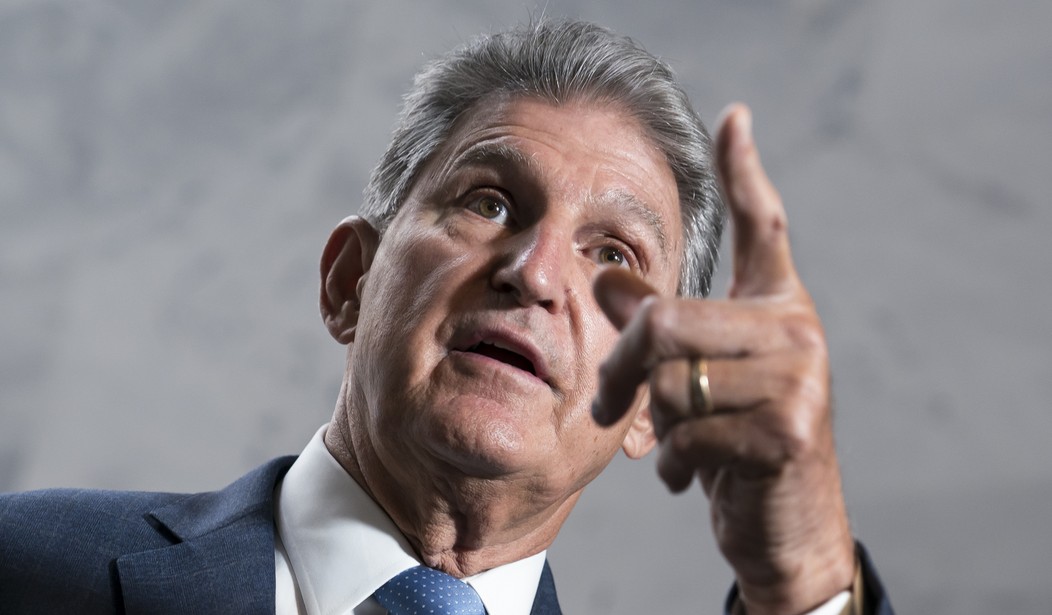Democrats have signaled that they are united in taxing stock buybacks regardless of the negative impact it will have on Americans’ retirement savings. In fact, the Democrats’ proposal is in violation of Biden’s pledge to not tax individuals making less than $400,000.
Much to the dismay of anyone with a 401(k) or pension plan, Democrats are shrugging at the inclusion of a $124 billion tax on stock buybacks in their multibillion-dollar tax and spend bill.
Millions of Americans own stocks either directly, through a retirement plan, or a brokerage account. According to the Investment Company Institute, in 2019, 56 percent of households owned publicly traded stocks through retirement accounts and various mutual funds. Stock ownership has also risen drastically over the years. The Federal Reserve conducted a survey showing that from 1989 to 2019, household stock ownership had risen by 21 percent.
Lower-and middle-income make up a significant chunk of stock ownership in the U.S. ICI data shows that “four in 10 stock-owning households have annual family incomes of less than $74,000.” An additional 27 percent of households owning stock make between “$74,000 and about $127,000.”
A tax on stock buybacks, no matter how small, will undoubtedly reduce returns to these households. Implementation of this provision in the misnamed Inflation Reduction Actis a violation of Biden’s tax pledge.
Public pension funds in both blue and red states aim to lose under a buyback tax. California, New York, Texas, and Florida, all have pension funds that rank in the top ten for largest asset balances among both public and private pensions in the U.S. According to the Tax Foundation, these institutional investors, which manage pension fund investments for firefighters, police officers, teachers, and other state workers, are some of the “largest shareholders and beneficiaries” of buybacks. Taxation of buybacks will deter firms from participating in buybacks, thus limiting the additional return that retirees could have received had the buybacks continued unhindered.
Recommended
Democrats want to use the federal government to dictate how companies can best compensate their shareholders. An additional excise tax on buybacks limits the tools a public company can use to provide value to investors. Dividends and buybacks, while functionally similar, are taxed differently. Companies that use buybacks instead of dividends to compensate shareholders, including the millions of employees with 401(k)s and pension plans, are providing cash distributions that are more tax efficient and will lead to better returns. By limiting the use of buybacks, Democrats are mandating how businesses should allocate their own capital to shareholders and employees. This policy proposal is the antithesis of a free market approach.
Middle-class Americans rely most on capital invested in their 401(k)s and pensions, not dividends or capital gains. If companies are forced to resort to offering dividends because the cost barrier to buybacks is too high with the additional excise tax, then wealthier Americans will benefit while everyone else will see their retirement packages produce poorer returns.
Democrats justify a buyback tax on the false assumption that only company executives benefit from buybacks. According to an article written in Harvard Business Review, “About 50% of total equity issuances are to firms’ own employees, with the vast majority (85%) of those shares going to nonexecutive employees.” Taxing buybacks will disincentivize firm’s usage of the cash distribution tool, hampering returns for employees.
Capital investment and buybacks are not mutually exclusive. Jesse Fried and Charles Wang argue that shareholder payouts have not detrimentally affected investment. Data they compiled found that “a broader measure of investment, CAPEX plus R&D ($885 billion in 2016), has risen steadily over the past two decades.” This clearly shows that buybacks have not been siphoning capital away from investment. Senate Majority Leader Chuck Schumer’s (D-N.Y.) claim that buybacks “crowd out investment” is unfounded and a weak justification for a buyback tax.
The Democrats have hastily included a buyback tax without seriously thinking through the negative repercussions this policy would have on middle class Americans. Voters and lawmakers alike should not take a buyback tax at face value. It is an insidious tool ostensibly aimed at wealthy executives, when in fact it is middle class America that own a significant stake in public companies and will be hurt the most.
Inclusion of this provision in the IRA is a nonstarter and should be removed immediately.
Bryan Bashur is a federal affairs manager at Americans for Tax Reform and executive director of the Shareholder Advocacy Forum.
























Join the conversation as a VIP Member